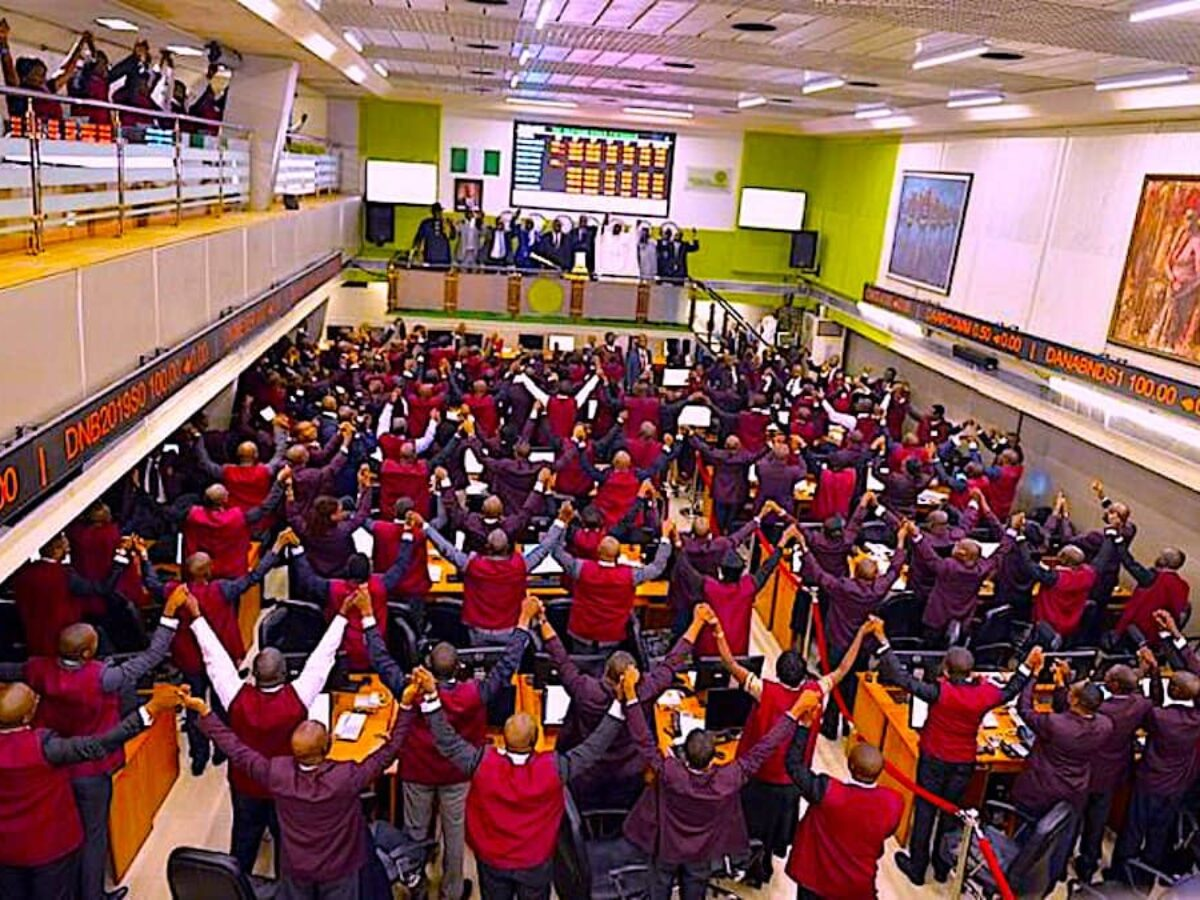*Lost 23% of USAID’s country programmes by March 27
*FG confirms half-year negative ODA flows, constrained fiscal space
* WFP suspends hunger programme in North-east
Ndubuisi Francis in Abuja
The massive cut of Official Development Assistance (ODA) from historical donor countries
is already taking a toll on Nigeria and other developing countries, constraining the fiscal space and worsening emergency hunger programme in the North east, among others.
While being sworn in for the second time on January 20, 2025, the United States President, Donald Trump had ordered an initial 90-day stoppage of the supply of medical aid related to HIV, malaria, and tuberculosis as well as the supplies of drugs and equipment meant for newborns in USAID-supported countries, including Nigeria.
Latest information made available by the Mo Ibrahim Foundation revealed that USAID had frozen 23 per cent of its entire programmes in Nigeria as of March 27, 2025, representing 0.05 per cent of Gross National Income (GNI).
The United States alone provided $7.8 billion in foreign aid to Nigeria between 2015 and 2024, supporting sectors like healthcare, security, and economic development.
As of May 7, 2025 only 891 or 14 per cent of the 6,256 operating USAID global programmes worth $69 billion were sustained (down from $120 billion on January 20, 2025).
In 2023 (the latest year available), the US contributed 20.7 per cent of total ODA to Africa.
Although there is no Nigeria-specific figure of Official Development Assistance (ODA)–a foreign aid metric used by the Organisation for Economic Co-operation and Development (OECD) and Development Assistance Committee (DAC) to measure financial flows from wealthier countries to developing nations, Africa received $42 billion of the global total aid of $212 billion in 2024.
A new publication by the Mo Ibrahim Foundation, titled “Demystifying Africa’s Dependence on Foreign Aid,” net ODA received as a share of GNI has remained more or less the same in Sub-Saharan Africa over the past 20 years, from 2.83 per cent in 2000 to 2.95 per cent in 2022.
“This represents the highest share of all world regions, five times higher than second place Middle East and North Africa at 0.59% in 2022.
“Unlike other regions which remained relatively stagnant, Sub-Saharan Africa was on a downward trend from the historical (since 2000) high of 4.29% in 2006 until 2019.
“However, between 2019 and 2020, ODA received as share of GNI increased from 2.96% to 3.94%, the steepest year-on year rise due to increased disbursements in the wake of COVID-19.
“In 43 out of the 51 African countries with available data, the ODA received-to-GNI ratio increased between 2019-2020, the highest number of countries since 2000. Since 2020, this number of countries has been on a downward trend again, albeit from a much higher starting point,” the report said.
The Minister of Finance and Coordinating Minister of the Economy, Mr. Wale Edun recently disclosed that Nigeria recorded negative ODA flows in the first half of 2025.
He said: “One way the fiscal space is constrained; first of all, overseas development assistance–the flow is negative. More countries- (developing) countries are paying back more in terms of repayments, in terms of debt servicing than they are receiving. And that has meant clearly constraint in the fiscal space.”
According to preliminary data across all DAC countries, cumulative ODA for all recipients and sectors fell by -7.1 pper cent in 2024 compared to 2023, the first drop after five years of consecutive growth.
To a large extent, analysts have attributed the drop to increases in ODA to Ukraine.
In Germany, Africa’s second largest bilateral donor after the US, budget reductions for ODA between 2023 and 2025 amounted to €3 billion ($3.1 billion), or 10.5 per cent . France’s 2025 budget includes a €1.2 billion ($1.4 billion) cut to development aid, bringing it to 18.6 per cent less than 2024.
The United Kingdom has also reduced development aid by about 6.5 per cent, from £15.3 billion in 2023 to £14.3 billion in 2025.
Of the top ten donors to Africa in 2023, six were multilateral (World Bank, European Union, Global Fund, United Nations, IMF and AfDB), and four Development Assistance Committee (DAC) countries–USA, Germany, France and Japan.
Although the federal government announced plans to increase domestic funding for the health sector following the United States’ decision to stop foreign aid to Nigeria and other developing nations, other sectors are already reeling from the cut in foreign aid
One of the casualties is the hunger programme in the Northeast.
The World Food Programme (WFP), the United Nations food aid agency and world’s largest provider of food assistance, which catered to some 1.3 million displaced people and others in hard-to-reach areas, fringe locations accessible only by helicopter, was recently forced to shut down over half of all its nutrition clinics across North east Nigeria.
The UN and its agencies were the focus of aid cuts from the United States in April, leading to the WFP receiving zero aid from the US this year, Other donors such as the European Union and the United Kingdom have also cut back on aid, instead diverting money to security as tensions remain high over Russia’s war in Ukraine.
With the increasing freezing of aid by traditional donor countries/agencies, the Director General of the World Trade Organisation (WTO), Dr. Ngozi Okonjo-Iweala and others had recently advised African countries to look inwards and explore other funding windows.
She said: “Some traditional donors have lost faith in the conviction that underpinned aid, the notion that our future prosperity and their future prosperity would go hand in hand. While this is still true, their populations are no longer convinced.
“The world as we know it has changed for aid, trade and development. We are not likely to return to the familiar status quo ante. These shifts present Africa with obvious challenges, but they also contain opportunities for the continent to move forward and deliver better.”
The post Aid Freeze by Donor Agencies Takes Toll on Nigeria appeared first on THISDAYLIVE.

